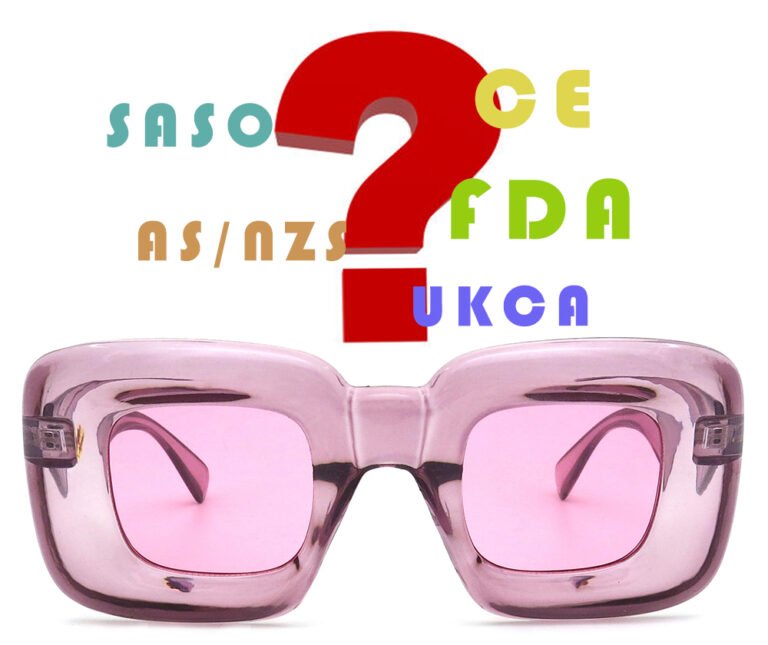In today’s increasingly interconnected global trade environment, sunglasses, as an essential tool for vision correction and a popular fashion accessory, has seen continuous growth in international trade volume. In 2024, with the constant refinement of international trade regulations and the increasing market entry requirements of various countries, the certification requirements for exporting eyewear from China to different nations have become increasingly complex. Below is a comprehensive list outlining the key certificates required for importing eyewear from China into various countries, aimed at providing guidance and reference for eyewear import businesses.
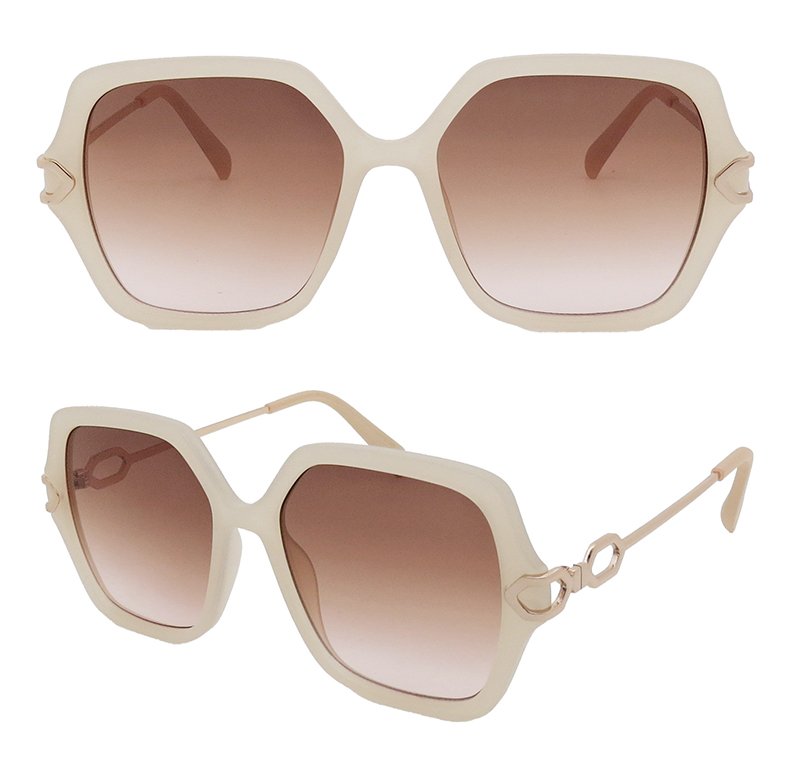
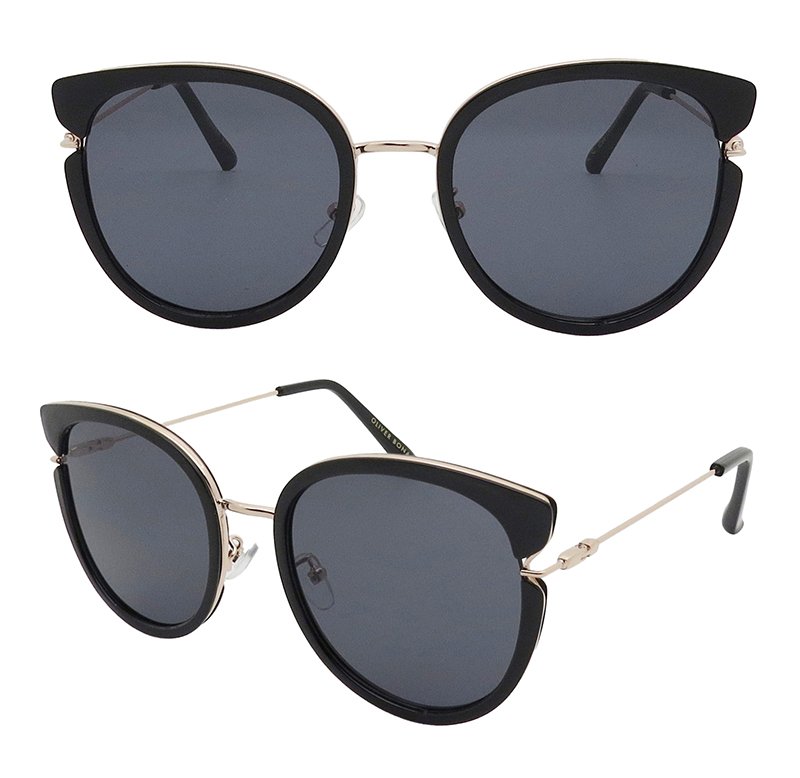
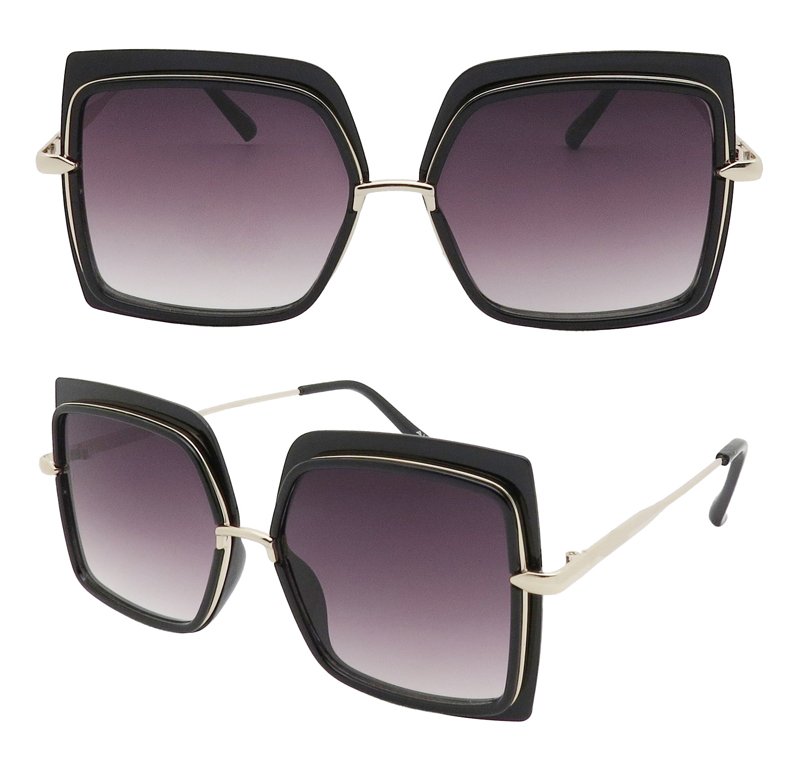
Countries-Specific Certificate Requirements
1. United States: FDA Approval
FDA Approval:
FDA Approval, a hallmark of certification granted by the esteemed U.S. Food and Drug Administration (FDA), guarantees that products adhere to rigorous safety, efficacy, and regulatory standards. Although the FDA is synonymous with overseeing food, drugs, medical devices, and cosmetics, its influence extends to certain consumer products as well, notably sunglasses.
While exporting sunglasses to the United States does not explicitly necessitate FDA approval, strict adherence to FDA regulations is paramount. Sunglasses, classified under the FDA’s umbrella as Class 1 medical devices, require specific registrations and strict compliance with safety norms. Importers are obligated to register their establishments with the FDA and guarantee that their sunglasses meet stringent impact resistance criteria, safeguarding consumers’ ocular health.
Underscoring the importance of these regulations, all sunglasses marketed in the U.S. must pass muster in terms of specific safety standards, particularly those pertaining to impact resistance. As stipulated in 21 CFR Part 801.410, sunglasses undergo a rigorous drop-ball test to assess their resilience against impact. This test ensures that the lenses are resilient and unlikely to shatter upon impact, thereby mitigating the risk of injury to the wearer. This underscores the indispensable nature of complying with FDA guidelines, ensuring that only the safest and most reliable sunglasses grace the American market.
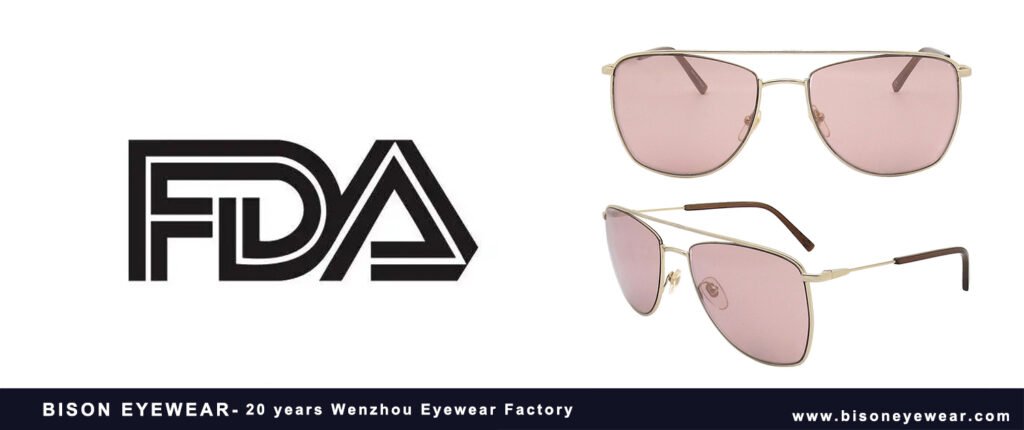
2. European Union (EU): CE Certification
CE Certification:
The CE certification stands as a testament to a product’s rigorous assessment and subsequent adherence to the stringent EU safety, health, and environmental regulations. This mandatory declaration by the manufacturer signifies that the product, encompassing a diverse range such as sunglasses, adheres to all pertinent EU directives. For sunglasses specifically, the CE mark goes beyond a mere label; it is a guarantee of compliance with rigorous safety standards, ensuring users are protected against harmful UV radiation and mechanical hazards.
By adorning the CE mark, sunglasses pledge to uphold the highest quality and safety benchmarks, thereby reassuring consumers and facilitating seamless market access within the European Economic Area (EEA). For non-prescription sunglasses, this certification signifies conformity with the esteemed BS EN ISO 1836:2005 standard, which dictates that the lenses provide unparalleled ultraviolet protection, effectively shielding against invisible solar radiation up to 380 nanometres (nm).
The CE mark’s applicability extends to all afocal (plano power) sunglasses and clip-ons designed for general usage, encompassing road travel and driving, further underscoring its comprehensive scope. In essence, the CE certification process culminates in the prominent placement of this mark on the product, a tangible symbol of its adherence to the most rigorous EU standards and a testament to the manufacturer’s commitment to excellence and consumer safety
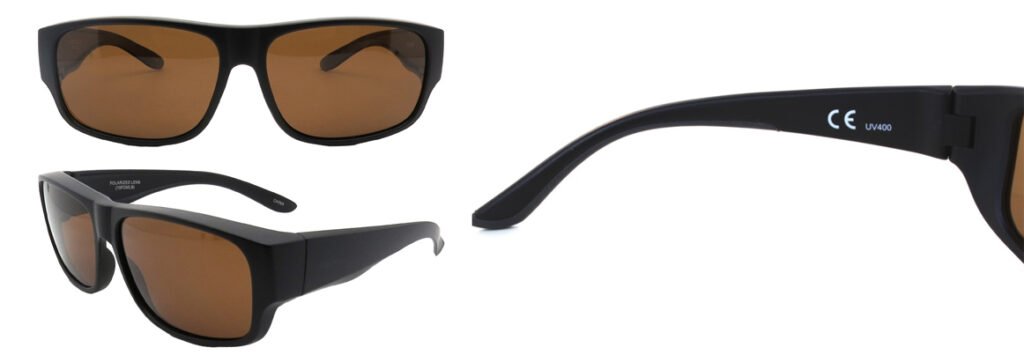
3. Australia: AS/NZS 1067
Sunglasses Standards Compliance (AS/NZS 1067):
When exporting sunglasses to Australia, it is imperative that they adhere to the stringent AS/NZS 1067 standard, tailored specifically for sunglasses and fashion spectacles. This comprehensive standard not only outlines the vital performance criteria but also underscores the paramount importance of safeguarding eye health by mandating protection against ultraviolet (UV) radiation within the harmful range of 280 to 400 nanometers. Compliance with these standards is rigorously verified through a series of specific testing procedures, ensuring that each pair of sunglasses meets the highest standards of quality and safety.
The AS/NZS 1067 standard meticulously sets forth requirements for the classification of sunglasses based on their optical properties, stipulates the acceptable range of average transmittance to balance visual clarity with UV protection, and demands rigorous impact resistance testing to guarantee durability and safety in various conditions. By implementing this standard, manufacturers and exporters can confidently attest to the superior quality and compliance of their sunglasses, thereby facilitating seamless entry into the Australian market and earning the trust of discerning consumers.

4. Middle East: SASO
SASO Certificate (for Saudi Arabia):
Here’s an integrated, smoother, and richer version of the two paragraphs:
The SASO Certificate, formally known as the Certificate of Conformity, is a crucial document in the realm of international trade, particularly for products destined for Saudi Arabia. This mandatory certification, overseen by the Saudi Standards, Metrology and Quality Organization (SASO), serves as a gateway for most imported goods, including sunglasses from China to the Middle East. The certificate’s primary function is twofold: it ensures that products align with Saudi standards and regulations, and it acts as a safeguard for consumers against potentially unsafe or substandard items entering the Saudi market.
As an integral component of the Saudi Product Safety Program (SALEEM), the SASO certification process plays a vital role in enhancing overall product safety and quality in the kingdom. For exporters, particularly those shipping sunglasses from China to Saudi Arabia, obtaining this certificate is not just a regulatory requirement but also a mark of credibility. It streamlines the customs clearance process, reducing potential delays and complications at the border. Moreover, for Saudi consumers, the SASO Certificate serves as a seal of assurance, indicating that the product they are purchasing has met rigorous safety and quality criteria. This comprehensive approach to import regulation demonstrates Saudi Arabia’s commitment to maintaining high standards in its consumer market while facilitating smooth international trade operations.

5. England: UKCA
UKCA Certification:
UKCA Certification, an acronym standing for United Kingdom Conformity Assessed, has emerged as a mandatory certification requirement for products entering the Great Britain market, encompassing England, post-Brexit. For sunglasses exporters targeting the English market, securing UKCA Certification is paramount to adhering to the stringent UK safety, health, and UV protection standards. This certification regimen, introduced subsequent to the UK’s exit from the European Union, has effectively superseded the erstwhile CE marking for a wide array of goods, including sunglasses. The UKCA mark is a testament to the sunglasses’ adherence to fundamental safety and quality benchmarks, mirroring the rigorous technical specifications laid down by the UK. It applies to numerous product categories that were previously governed by the CE marking system, necessitating manufacturers to validate their sunglasses against pertinent UK standards, notably BS EN ISO 12312-1 for sunglasses. Failure to obtain this certification precludes the legal sale of sunglasses in England and across Great Britain, underlining its significance in ensuring product compliance and market access.
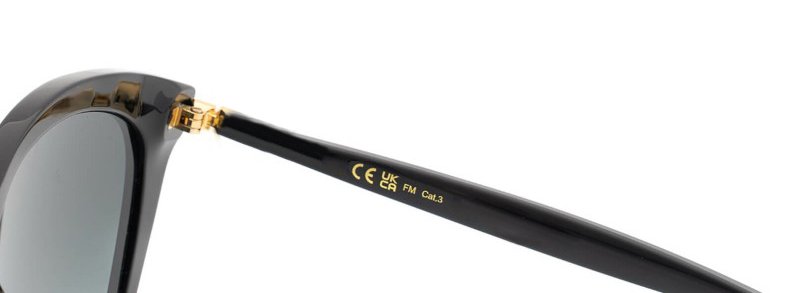
The End
Thank you very much for your reading.

